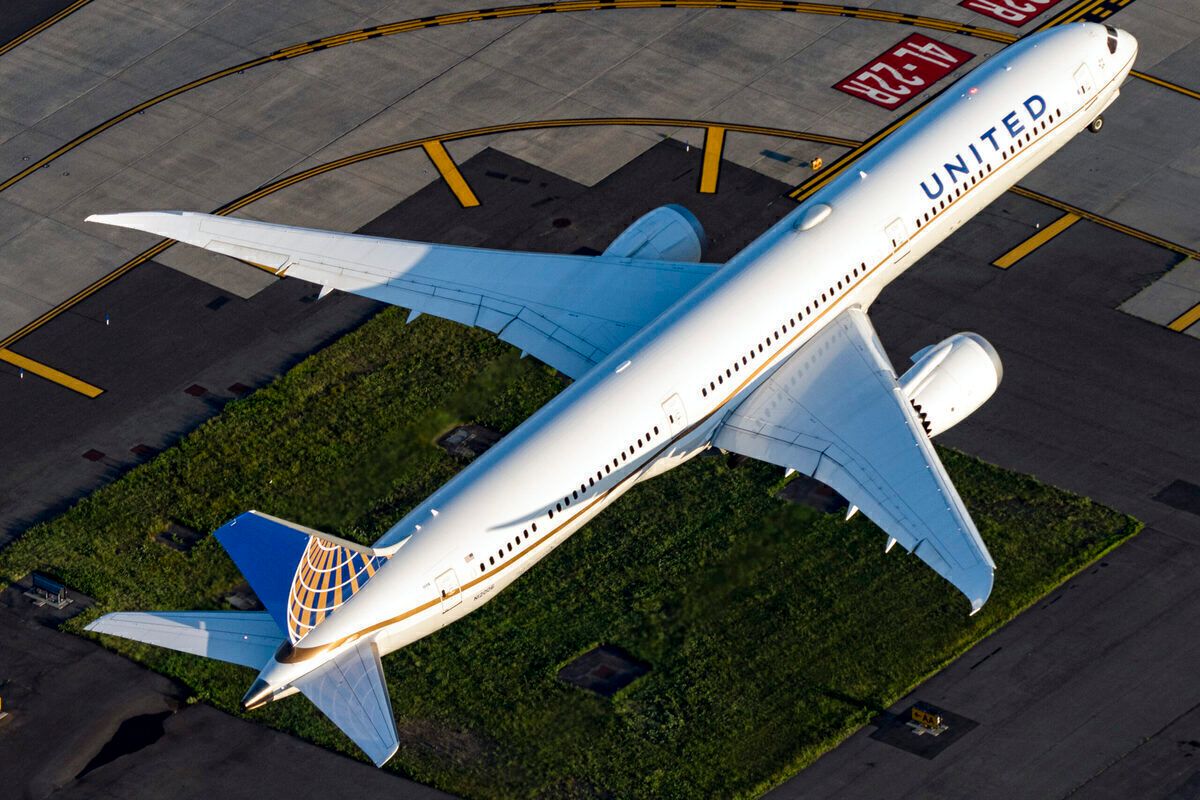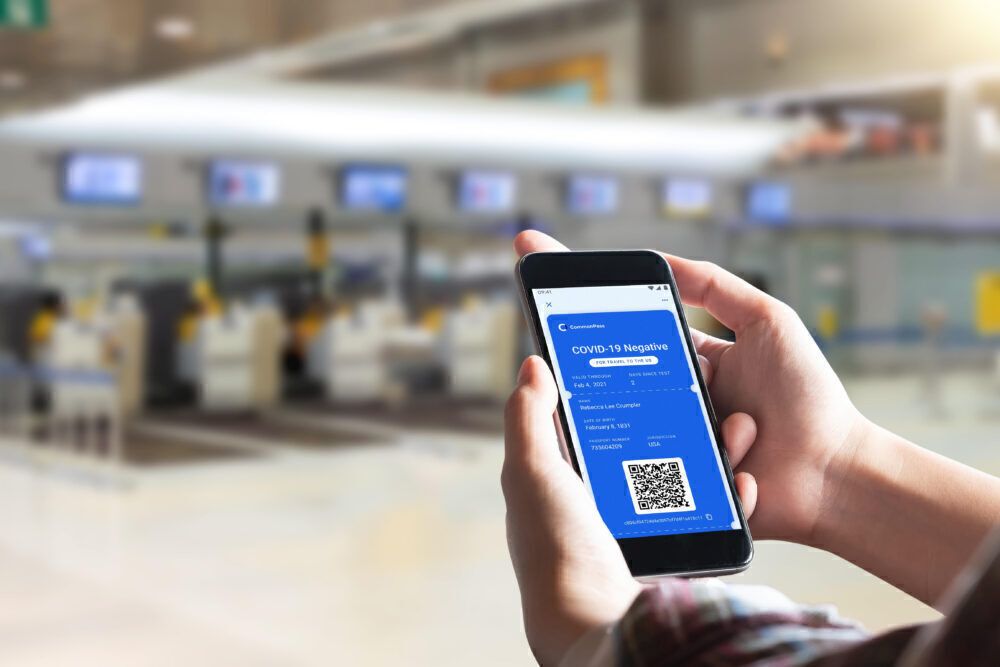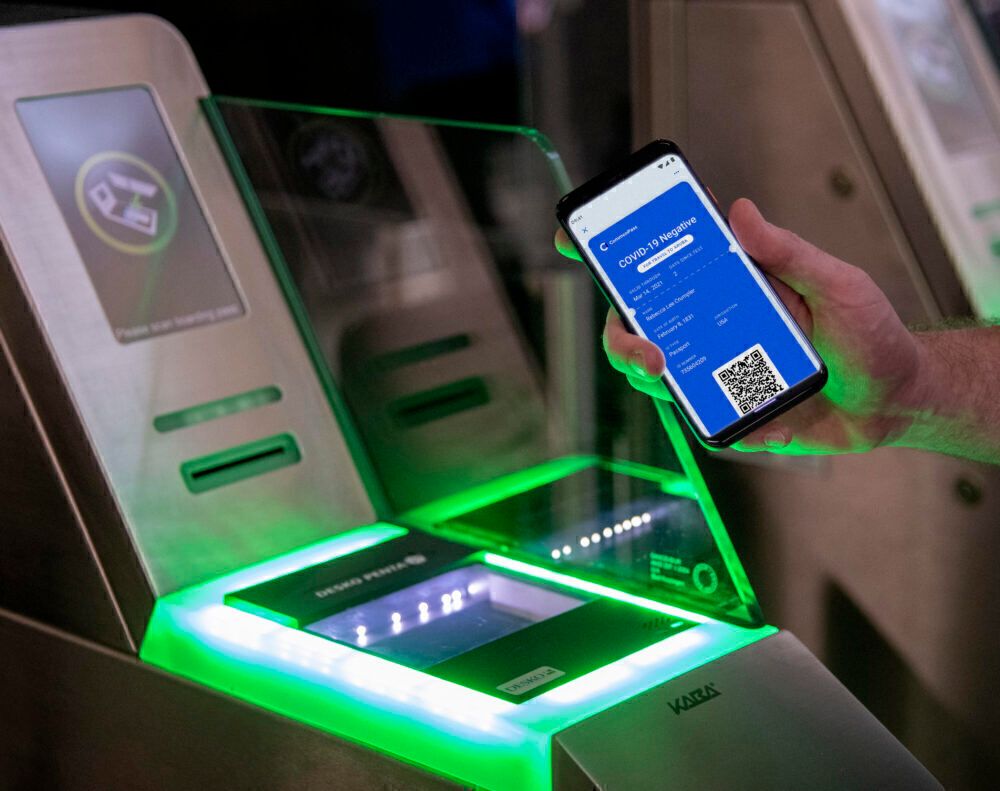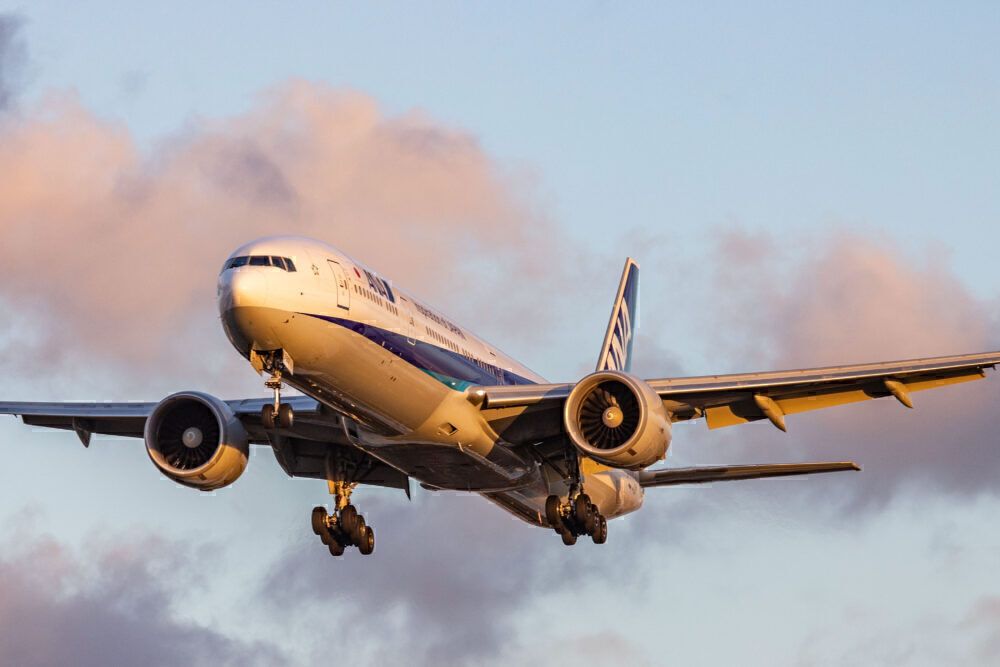Most destinations have some sort of new requirement, whether it's testing or vaccination, and it can be a challenge to ensure that the information needed is correct and shared securely. As a result, digital health passes are increasingly growing in prominence across the globe as the aviation industry tries to recover safely. However, there have been questions from some members of the public about these platforms when it comes to privacy. To understand these factors better, Simple Flying spoke with a leader behind one of the major health passes.
A common goal
CommonPass president Simon Talling-Smith shared details about the background of his organization and what to expect with its system. The Commons Project was formed as a nonprofit public trust in 2019 with a higher purpose of using the power of the internet and digital functions for the common good.
Overall, the institution felt there was a need for an organization that could tackle some of the world's problems that couldn't be solved by a single company, government, or existing NGO. A prime objective is for people to have control of their data once again.
Taking back control
A fear among the founders is that data are being slowly cultivated from global citizens to be used for someone else's profit. Therefore, the founders wanted to find ways that to push back on this aspect, especially when it comes to health data. So, as the pandemic arrived, the company already had the momentum to provide a solution in the new climate.
Notably, the World Economic Forum and The Rockefeller Foundation brought together over 350 public and private leaders from over 50 nations to design a common outline for safe border reopenings across the globe.
“At the beginning of the pandemic, we said look, we have a purpose of giving people control of their health data. We're talking to the World Economic Forum, asking 'how can we get people traveling again? How can we get people moving, get the economies of the world going again?' Getting people back to work, back to travel, back to life,” Talling-Smith told Simple Flying.
“So, we said, let's create a digital pass that will help people do that at the same time as controlling their own data and keeping privacy, because privacy is so important, probably one of the most important values of The Commons Project.
Thus, CommonPass was born with the vision of people importing their test results and vaccine records and keeping them securely on their phones. Ultimately, the platform assesses whether the individual’s lab test results or vaccination records come from a trusted source and if they satisfy the health screening requirements of the destination they want to travel to. If the passenger satisfies the requirements, the platform creates a “yes” or “no” certificate that they can share without sharing any personal health data.
Addressing privacy concerns
So, the organization was formed on the basis of having better privacy. This factor is interesting as one of the key points that challengers of digital health passes make is the alleged lack of privacy that comes with them. With this in mind, Talling-Smith draws comparisons with other parallel environments where personal data are shared.
“You've got global providers of payment gateway and credit card carriers, and things like that, that have emerged over a long period, and the ones that succeed have a brand that is built on trust. So we all use Visa, MasterCard, American Express, and we and we trust them. We probably don't all understand the real details, the ins, and outs of issuing banks acquiring banks, merchant agreements. We don't need to understand that because we trust these, and we trust their badge,” Talling-Smith added.
“And I think that the health pass world will go in a similar way, that some of the solutions will earn that badge of trust, and then, citizens will look to them because you know we live in a busy world, as much as we should understand what's happening to our data, it’s really hard sometimes. So, I think that basic trust will become increasingly important.”
Data are only stored and shared with the user's consent, and the platform only requires minimal information. Moreover, identifiable health details are only stored at the source or on the user's mobile device. Data are also only stored for the needed extent and aren't used for any other reason.
The right backing
Altogether, with these platforms being so new to the market, it’s not a surprise that there will be some concerns among the public. However, those behind these projects have a wealth of experience in the industry. For instance, Talling-Smith has been working with some most recognized names in travel for two decades.
Before joining The Commons Project, he was the chief commercial officer of Qatar Airways, but he has held several other senior positions at the likes of British Airways, Travelzoo, Surf Air Europe, and Roy Rewards. Along with this, his team members have held high positions at governments, charities, major tech firms, and global health programs.
Stay informed: Sign up for our daily and weekly aviation news digests.
So, following the rollout of platforms such as CommonPass, trust will naturally be increased with time. With the conditions of the pandemic looking to stay around for a while, a safe and secure solution to offer a balanced return to travel is needed.
What are your thoughts about CommonPass and other digital health passes? Are they the right solution in the present climate and to help the industry recover? Let us know what you think of the platforms in the comment section.




